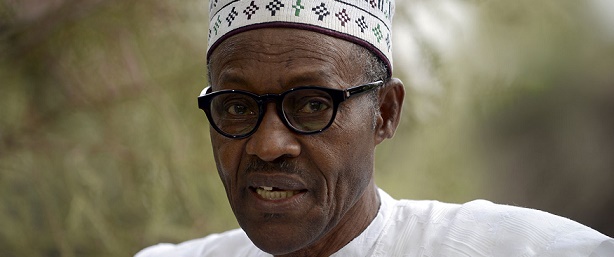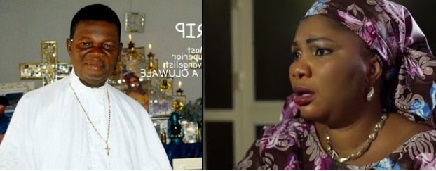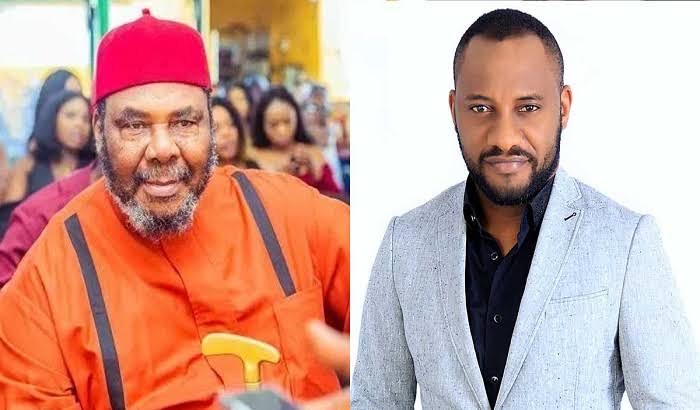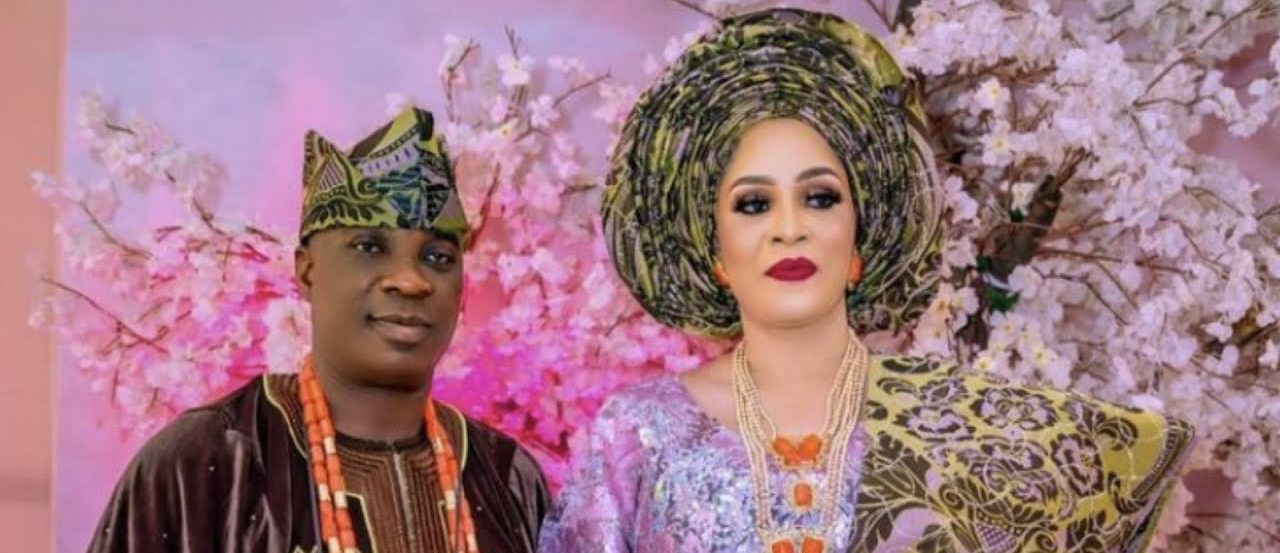
“What counts in life is not the mere fact that we have lived, it is what difference we have made to the lives of others that will determine the significance of the life we lead,” late Nelson Mandela said.
As President Muhammadu Buhari, fondly called PMB, marks his first 100 days in office as a democratically elected president come September 5, 2015, Nigerians wait in anticipation to celebrate the accomplishments recorded by his administration.
It was on May 29, 2015 Muhammadu Buhari assumed office as President of Nigeria. Expectations were high as most Nigerians expected his then incoming government to wave a magic wand and erase all the country’s problems.
The Buhari campaign, which ran on a ‘CHANGE’ mantra, made numerous promises to Nigerians before he was elected president.
But since Buhari assumed office almost 100 days ago, the financial landscape of the country has taken a leap. However, these three things made the financial sector boom.
First, the conceding of defeat by the immediate past President, Dr. Goodluck Jonathan, sent positive signals to the global business community in two ways — that the continuity of the country is assured as opposed to speculated “doom”; and that the endemic corruption in the system would be tamed.
This message was showed in the interbank foreign exchange market, especially, the parallel market (black market), which made the Naira fall to about N185/1$ from about N250/1$, notwithstanding the devalued rate of N199/1$, on anticipation of improved transparency in the process. Unfortunately, it wasn’t long before the market dynamics overturned the gains.
The second is the heightened tension over the lack of economic blueprint or assessed tacit economic direction, which is manifest in the delay in constituting a cabinet for the government, including some strategic appointments that have raised controversy over their legality.
Stakeholders and experts in the financial system have associated uncertainty to the development and alleged that investments; both foreign and domestic worth billions of dollars are on the side-line, as investors are still playing cautious game, especially in the financial markets.
Perhaps, more intriguing, as it remains mostly untested since its emergence is the Treasury Single Account (TSA), with its avalanche of expected benefits to the economy against anticipated implementation hitches, together with legal challenges that might emerge.
Already, the market capitalization of the Nigerian Stock Exchange (NSE) has plunged by N353 billion since Buhari’s inauguration as investors continue to react to the absence of a policy direction.
To be fair, President Buhari’s performance in his first 100 days are more apparent in two keys areas, anti-corruption and war against insurgents in the North-East, where he seems to have taken personal charge.
The economy on the other hand has received little of the President’s attention hence the need for him to urgently constitute an Economic Management Team to steer the Nigerian economy away from an imminent slowdown.
Currently, the report released by the National Bureau of Statistics (NBS) indicated that in the second quarter of 2015, Nigeria’s Gross Domestic Product (GDP) grew by 2.35 per cent (year-on-year) in real terms.
This is lower by 1.61 per cent points from the growth recorded in the preceding quarter and also lowers by 4.19 per cent points from growth recorded in the corresponding quarter of 2014. For the oil sector, oil production stood at 2.05 million barrels per day; 5.9 per cent lower than production in Q1 of 2015.
Oil production was also lower relative to the corresponding quarter in 2014 by 7.3 per cent when output was recorded at 2.21mbpd. For the non-oil sector, growth was largely driven by the activities of trade, crop production, construction and telecommunications. The non-oil sector grew by 3.46 per cent in real terms in Q2 of 2015.
This was 2.13 per cent points lower from Q1 of 2015 and 3.26 per cent points lower from the corresponding quarter in 2014. The statistics for July and August are not yet out, but may likely maintain the status quo and portray an economy that is no longer growing at the previous high levels.
The Head of Research at Afrinvest Securities Limited, Ayodeji Eboh, said Buhari’s victory at the 2015 polls amid groundswell optimism was made possible by a combination of factors- the right-wing socialist campaign promises; the integrity perception about him; and an oft-repeated anti-corruption campaign mantra, as well as widespread public disaffection against the previous administration.
Eboh noted that although several policy documents were released, the bulk of the promises fall under three categories — security of lives and properties; economic prosperity and job creation; and fight against corruption.
Winning has, however, been the easy part, as the administration’s performance across the three highlighted areas may have fallen short of the high public expectations.
“The administration’s anti-corruption drive has largely been piecemeal with no clear strategy mapped out, while no major milestone is yet to be recorded in terms of assets recovery or prosecution of alleged corrupt political office holders.
“However, some major structural and institutional actions to deepen transparency have been taken.
“The directives to Ministries, Departments and Agencies on TSA implementation and restructuring efforts being taken to reposition the Nigerian National Petroleum Corporation as a more transparent and accountable profit-driven corporation are major highlights of these institutional efforts.
“The recent composition of an anti-corruption advisory team may be a signal of things to come, but we would advocate for more institutional reforms with long-term benefits in government transparency and accountability, including the judiciary reforms,” Eboh said.
He pointed out that the investment community is yet to gain certainty on the economic policy framework of the Buhari administration, as reforms have been stalled by the absence of cabinet ministers needed to formulate, articulate and manage them.
Well, whereas the administration is said to be going slow, this could be a result of the monumental ‘mess’ the previous government left behind. However, I believe there’s room for him to have done more.
For instance, since he won in May, Buhari ought to have identified people to work closely with him, so the personal staff he’s just appointing is coming rather late.
Again, even if he hasn’t yet gotten funds to implement, he ought to have announced the econ blueprint of his administration. There has been so much talk with very little action. The president needs to give (make tangible pronouncement) Nigerian people expect.
However, in some quarters, Buhari’s 100 days in office has been greeted with mixed-feelings because some Nigerians believe he has not really recorded any major achievement.
Even the Boko Haram he used as a major campaign strategy during the election has not been abated and I think that is why the All Progressive Congress (APC) has not made any official statement as the usual practice of the polity.
But for the Executive Director of OJA Development Consult, Jide Ojo, assessing the government in this short period evokes mixed-feelings, although the President may have recorded some progress in some areas, he’s yet to take off in many other areas of governance.
According to him, although the change of leadership of some Federal Government’s key and economic agencies like the Nigerian Maritime Administration and Safety Agency, Nigerian Ports Authority, Nigerian National Petroleum Corporation, Asset Management Corporation of Nigeria is not unexpected, it is commendable.
The Department of Petroleum Resources tough stance on oil retailers has led to the sales of petroleum at the official price of N87 in most of the fuel stations where it was usually sold above the approved price.
“The fight against corruption is also yielding positive results as the President is canvassing and receiving diplomatic support around the world.
“The TSA order is also a positive step, as it will ensure greater probity, transparency and accountability in the collection, disbursement and utilization of national funds.
“The President’s approval of the United Nation’s Environmental Programme on Ogoni land presents a lot of economic value as it will help boost economic activities in the affected communities when the remediation programmes must have been concluded,” he said.
Ojo however noted that the president would have achieved more in the first 100 days if he had appointed his aides and lieutenants.
“Belatedly, he just appointed his Chief of Staff, Secretary to the Federal Government. Still, his cabinet is yet to come.
“This is a big minus for the administration. The uncertainty over economic blueprint is affecting quests for foreign direct investments,” he said.
The Lead Director of Centre for Social Justice, Eze Onyekpere, said the government has failed to make any major policy pronouncements since assumption of office and at best, being run with the policies of the previous administration.
“There seems to be a policy vacuum, which has created some level of uncertainty about the economic policy direction of the new government. This has made planning and projections very difficult for economic actors in all spheres of national life,” he said.
But how will the economy grow or employment improve when government has not invested in capital projects contained in the 2015 Appropriation Act, while the operating environment for the private sector is filled with strong headwinds?
“It is on record that not a single kobo has been released for capital projects in the year 2015.
What is not clear is whether the non-release of funds is due to the paucity of funds or operational reasons associated with the change of government,” he said.
“To be fair, President Buhari’s performance in his first 100 days is more apparent in two keys areas, anti-corruption and war against insurgents in the North-East, where he seems to have taken personal charge.
“The economy on the other hand has received little of the President’s attention hence the need for him to urgently constitute an Economic Management Team to steer the Nigerian economy away from an imminent slowdown.”
Giants Stride Of The Administration Since Assumption Into Power
In a relative sublime, scanning through his administration, the facts speak for themselves; yes, prior to his administration the total power generated in the country was 3,155 megawatts and now is 4,032.2 megawatts and took six weeks into the Buhari presidency to change the previous administration’s promise.
He has appointed new Service Chiefs after sacking the heads of the army, navy and air force. He has tasked the new military heads to redouble their efforts to quell the activities of the insurgents. The United States pledged $5 million to the fight against Boko Haram, and other material support. The G-7 also offers support and commitment to strengthen Nigeria’s efforts to quash insurgency.
There is a better relationship and cooperation with the nation’s neighbours; Chad, Cameroon and Niger.
Buhari ordered the release of $21m to facilitate and establish headquarters for the joint multi-national force against Boko Haram. He is a strategist determined to fight terrorism. The army has been told to act within the law and abide by human rights convention. Discipline and moral integrity is returning to the armed forces.
Let’s us not forget that PMB was elected on an anti-corruption ticket and he pledged to fight corruption, and he should be held to that pledge.
The Federal Government is planning to establish 37 of the Special Courts to try corruption-related cases in the Federal Capital Territory, Abuja and the 36 states of the Federation. So, for those who have siphoned from the national purse, they are in for a rude awakening. There will be screening to identify fearless judges who would be responsible to preside on such cases.
President Buhari has approved the recruitment of 10,000 additional police officers and he has directed the Inspector-General of Police to trim the number of police attached to politicians and dignitaries, to redeploy the police men to their regular police duties.
Nigeria’s image has also improved overseas and at the moment, more countries want to do business with Nigeria. Recently, the Indian High Commissioner to Nigeria, Ambassador Rangaian Ghanashyam, said that President Buhari’s on-going effort at fighting corruption would attract more foreign investments and it seems to attract foreign investments.
Ghanashyam said that PMB’s commitment to fighting corruption would not only attract more foreign investments but would also make Nigeria “stand on itself’ and that Nigeria, is now in safe hands because what President Buhari is doing would make more investors to come to Nigeria.
PMB has dismantled some of the management structures and ways the Federal Government does business.
Already, he has announced plans to uncouple the Nigerian National Petroleum Corporation which has long been a lightning rod for graft and corruption.
The President has already done away with the previous management and put in place a highly recommended and renowned technocrat from Exxon Mobile, Mr Ibe Kachikwu. There are indications that some agencies of government and civil service will be trimmed.
There is talk about a salary cut for our legislators, now that is in progress. PMB and his Vice did take a cut in salary, so our honourable men and women have no excuse.
Recently, Godwin Emefiele, the Central Bank Governor, announced that the foreign reserves rose by $2.89b in the first month of the Buhari administration.
The Economic and Financial Crimes Commission and other investigative agencies have suddenly revived and are biting like wounded lions.
Change is good especially if it’s for the better. Change is also contagious, and for those who have not felt it is because they have refused to be part of the solution.
Buhari is already assembling a team of highly skilled professionals that would help him to implement his promise of change. I remember several months ago, how people wish for a time like this because for those of us who knew, it was the golden ear for Nigeria.
Let him that would move the world first move himself “.It is about time Nigerians focus on changing themselves to nation building.
Although this administration has promised to bring the Chibok girls back, there has not been any sighting of these girls despite all the strategies of getting them out of the clutches of the insurgents. The fate of these girls remain unknown, we can only imagine what they are going through and the despair of their relatives.
For the parents, their absence is a waking nightmare. Recently, the Chibok girls mark their 500days in detention in the den of their abductor, Boko Haram.
Shehu Garba, a presidential spokesman, said there has been “intensified intelligence gathering and reconnaissance in a given location in the northeast”. All well and good, but about time there is some real result.
Oby Ezekwesili, one of the leaders of Bring Back Our Girls campaign, believes that more needs to go into the search for the girls; “These girls must be found, these girls are somewhere on this planet, they didn’t become vapour and disappear,” she said.
That notwithstanding, President Buhari has given the job his best shot because it is necessary for him to be careful before he appoints, because Nigeria cannot afford to get it wrong this time and the whole country is saying that we never had it so good like this before.
He has re-established the values of hard work and administrative efficiency. The President says times without number that this country needs to fix governance and that he won’t tolerate laziness.
“In the area of economic management, Nigerians are already seeing things happening that they thought were not possible in so short a time.”
I want to use this medium to urge President Muhammadu Buhari not to disappoint Nigerians, but strive hard to provide good governance and deliver on the many promises made during his campaigns.
President Buhari should be reminded that the massive votes Nigerians delivered were based on trust, which he should not betray. But all hands should be on deck to make a positive impact on the lives of the people.
Nevertheless, Buhari needs to unite the country that has been fractured by ethnicity, religion and politics, give all Nigerians a sense of belonging in the Nigerian project, lay to rest all divisive tendencies that have worked against the growth and progress of the country.
Without mincing words, Nigerians yearn for good governance, freedom of expression and freedom of conscience, so that they can participate actively on how they are governed.
Furthermore, President Buhari must deliver on his campaign promises because the whole world is watching his performance and should live up to the expectations of many Nigerians who craved for change by healing the wounds and bitterness occasioned by the elections.



















